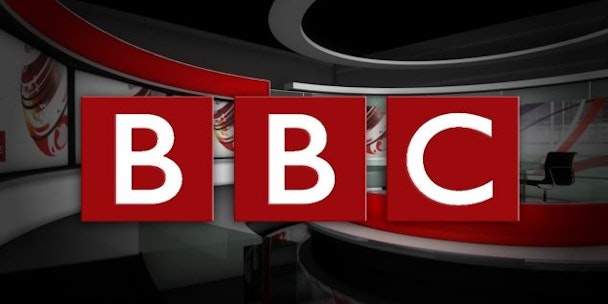NUJ labels funding agreements in the BBC charter proposals 'a disaster'
The National Union of Journalists (NUJ) has weighed in on the future of the BBC following the publication of the government's proposal for its Charter renewal today (12 April), saying “the game was lost before it had even begun”.

This is in reference to the BBC agreeing to a deal with the Chancellor of the Exchequer George Osborne last year to shoulder the cost of licence fees for the over 75s, which are set to be protected under the new proposal.
The NUJ’s Michelle Stanistreet said this could “diminish the scale and scope of the BBC by 20 per cent” and called it a “disaster”. Since the 2007 charter there have already been £1.5bn cuts, Stanistreet added.
“The BBC and World Service are the best way to export British culture and values around the globe. After all the speculation and scare stories, don't be persuaded that this is a good deal for the BBC because ‘concessions’ have been made," she continued.
The NUJ, like much of the industry supports, the licence fee being implemented for a further 11 years, but believe a five-year review is “unnecessary” and “risks further political interference”.
“Ministers should not be able to hold this threat over the BBC.” Stanistreet said.
The proposals also called for more focus from the BBC to serve ethnic minorities, that could see it required to build on diversity structures outside of London in order to “hold the BBC to account for delivering to everyone in the UK”, culture secretary John Whittingdale said.
Stanistreet said the NUJ “support a charter which enshrines diversity measures” to ensure the corporation “reflects its audiences – both on and off screen”. The union has said it will put pressure on the BBC to introduce policies that create this diversity.
The NUJ has also opposed the use of licence-fee payers' money to “prop up” local newspaper groups which Stanistreet said have used profits to pay shareholders and executives “fat bonuses” instead of investing in journalism and enough staff to cover courts and councils meetings.
This is in reference to a deal between James Hardy, head of news at the BBC and Ashley Highfield, chair of the News Media Association, for the BBC to pay £8m to fund 150 journalists to be employed by regional newspaper groups to provide a service covering local authorities and other democratic institutions.
Laura Davison, NUJ national organiser, said: "The NUJ believes there is a democratic deficit in local news – the press is not covering the decisions of courts, councils and public bodies in a way which properly informs readers about their democratic institutions. But should it be the licence-fee payer who plugs this gap?
“Local newspaper groups have a proven track record of cutting staff, merging titles, closing local offices and overstretching the few workers left on the ground just to maintain their profits. What checks are there that these groups will not exploit this licence-fee subsidy in the same way? The deal has been done behind closed doors with no consultation and no transparency; none of the practical details are clear and it would be totally bizarre to have people ostensibly working to the same aims and standards, but employed locally, by different groups, and on different, no doubt low, pay and conditions.
“There may be a case for the BBC providing content that can be shared with the local press, but this deal is not the best way to do it.”

